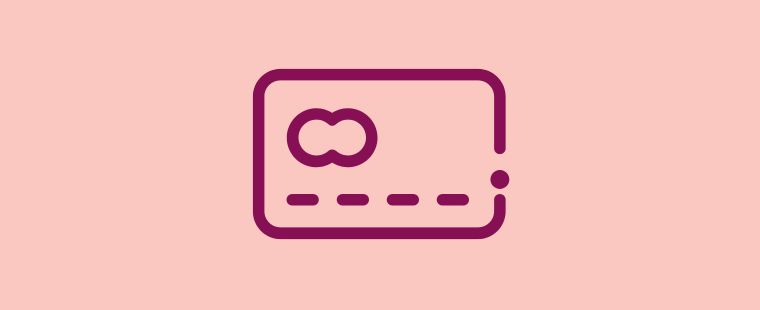The Smart Money People resource hub
Make the most of our collective wisdom and insights, enabling you to make more informed decisions with our blogs, news and guides.

Learn more about our featured posts
eToro ISA comparison and reviews
.png)
.png)
eToro ISA comparison and reviews
31st December 2025
by Guest author
Posted in
Money choices
What’s business banking and why should you consider it?
.png) Posted in
Money choices,
Smart money guides
Posted in
Money choices,
Smart money guides
.png)
What’s business banking and why should you consider it?
22nd December 2025 by Guest author
Sophie Ainsworth recognised in Financial Reporter 30 Under 30 list
 Posted in
Smart Money People news
Posted in
Smart Money People news

Sophie Ainsworth recognised in Financial Reporter 30 Under 30 list
5th November 2025 by DarrylExplore the latest in our news
View all newsDive into our comprehensive guides
View all guidesStay in the know with our blogs
View all blogsExplore our topics

News: Awards
The latest from our British bank awards, Consumer credit awards and Insurance choice awards.

News: Industry news
Read our thoughts and analysis on recent news from the financial services industry.

News: Smart Money People news
Get an update on all things Smart Money People, including business and staff updates.

Guides: Smart money guides
Support and guides on bigger money decisions that'll impact you now and in the future.

Guides: Smart money tips
Your destination for tips on spending and saving money in your day-to-day life.

Guides: Business guides
Use our business guides to get insights on how you can create better outcomes for your clients.

Blogs: Money choices
Find comparisons on products, plus product guides to support your decision making.

Blogs: Financial insights
Building on the wisdom of our data, our insights provide an analysis on important money topics.
Why your review matters
As the UK's most comprehensive financial services review website, our 2.7 million (and counting!) reviews help everyone get the most out of customer experiences - from better buying decisions to valuable business insights.
Helping you make smarter financial decisions
As the UK's most comprehensive financial services review website, our 2.7 million (and counting!) reviews help everyone get the most out of customer experiences - from better buying decisions to valuable business insights.



.png)
.png)
.png)

.png)
.png)